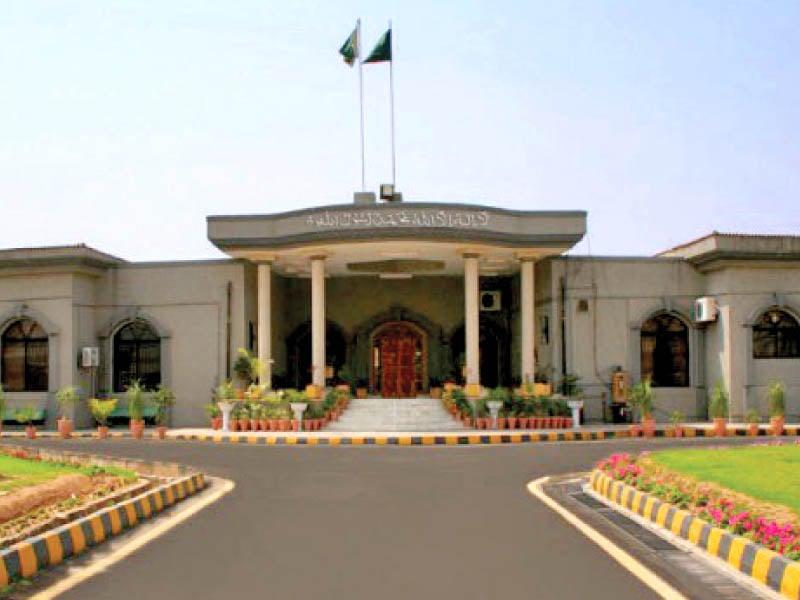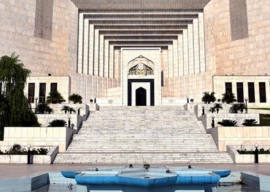
The apex civic authority of the federal capital and the authority responsible for building houses for federal government employees have been directed to draw up a plan on compensating affectees of various schemes in the federal capital for which their land was taken over by the state.
This was directed on Friday by a single-member bench of the Islamabad High Court (IHC), comprising by Chief Justice Athar Minallah, as he heard a combined case regarding compensation for people whose lands had been bought by the government for various schemes and projects but have yet to be paid.
Chief Justice Minallah censured the Capital Development Authority (CDA) and the Federal Government Emp loyess HousIng Foundation (FGEHF) for not compensating citizens affected by the construction of new sectors in Islamabad. There is a conflict of interest at every level, CJ Minallah said, adding that the state must protect the rights of citizens.
However, he said that the issue is that the state is not protecting the common man. Instead, it is only serving elite class. There are obstacles everywhere and at every turn, for citizens to access justice, CJ Minallah remarked. The court remarked that if citizens strive for justice, they get tired due to technical complexities and give up.
The authorities, he said, should put themselves in the shoes of poor citizens who have been evicted from their lands and made homeless. Imagine if the entire land of an entire village was forcibly vacated by government and the affectees were paid the DC rate, CJ Minallah said, noting that there are international laws on how to obtain land of someone. It is a matter of basic human rights. The affectees who were deprived of their land are important for the court, he said.
A constitutional court exists to protect the rights of the people, CJ Minallah said, adding that the basic rights of citizens must be ensured. What is the justification for a widow who has not received a plot of land for 50 years? There is no law enforcement in the 1,400 square mile area of Islamabad, where justice is expensive, it means citizens have lost access to the courts, the court remarked.
Officials of the FGEHF and CDA told the court that if they are provided with protection, they can decide what to do about the victims. At this, the chief justice remarked that it is the people who need protection from them. Who do you seek protection from? the court asked. The officials said that whatever the bureaucracy decides, NAB falls behind us. We need protection from NAB.
The court directed the two bodies to submit a plan on resolving disputes of all victims from 1960 to date by Wednesday. The court further ordered CDA and FGEHF officials to submit a reply by Tuesday explaining how affectees can be given their rights without forcing them to visit the courts again and again. The court then adjourned further hearings of the case until December 2.


















COMMENTS
Comments are moderated and generally will be posted if they are on-topic and not abusive.
For more information, please see our Comments FAQ